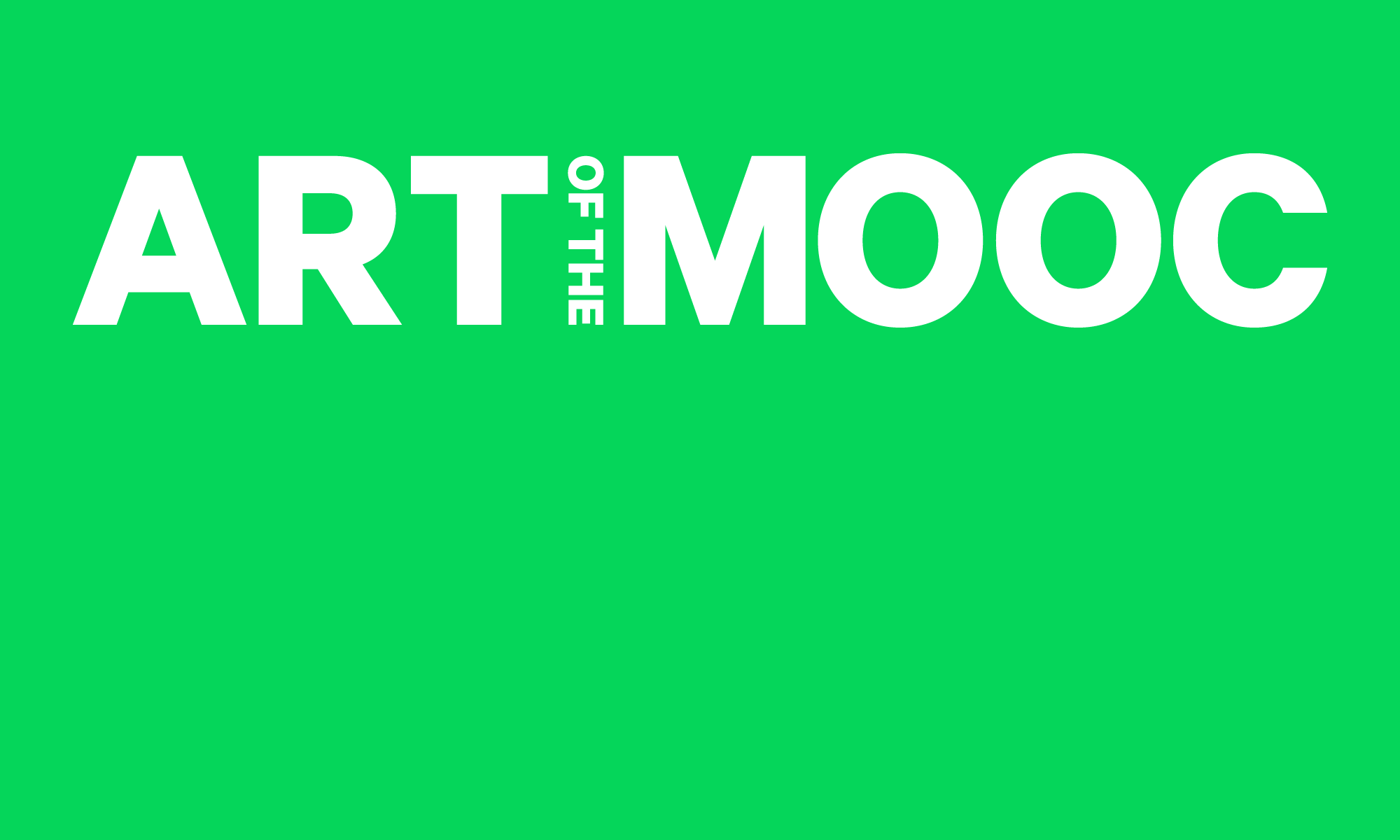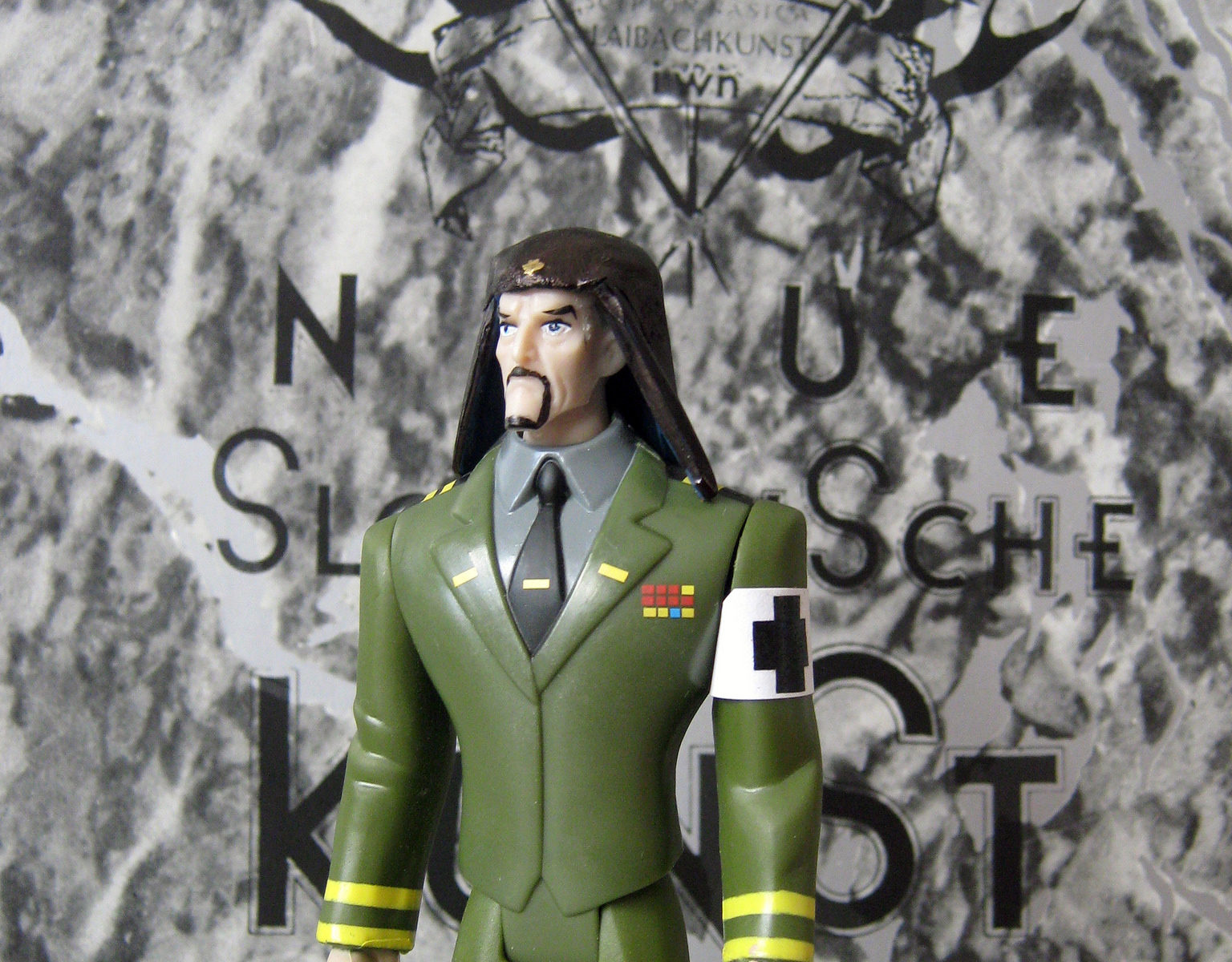Neue Slowenische Kunst (a German phrase meaning “New Slovenian Art”), also known as NSK, is a political art collective that announced itself in Slovenia in 1984, when Slovenia was part of Yugoslavia. NSK’s name, being German, is compatible with a theme in NSK works: the complicated relationship Slovenes have had with Germans.
The name of NSK’s pop-industrial music group, Laibach, is also the German name of the Slovene capital Ljubljana, creating controversy through evoking memories of the Nazi annexation of Slovenia during the Second World War and Slovenia’s previous seven centuries as part of the Habsburg Monarchy.
Other NSK member groups include IRWIN (visual art), Scipion Nasice Sisters Theatre (also known as Red Pilot and Cosmokinetic Theatre Noordung), New Collective Studio (graphics; also known as New Collectivism), Retrovision (film and video), and the Department of Pure and Applied Philosophy (theory). The founding groups of the NSK were Laibach, IRWIN, and Scipion Nasice Sisters Theater. Membership has been open to all artistic groups interested in challenging taboos and challenging the norms of Slovene national identity.
Since 1991, NSK claims to constitute a state, a claim similar to that of micronations. They issue passports, have presented shows of their work in the guise of an embassy or even as a territory of their claimed state and maintain consulates in several cities including Umag, Croatia (since 1994). The NSK passports are an art project and as such are not valid for travel.

